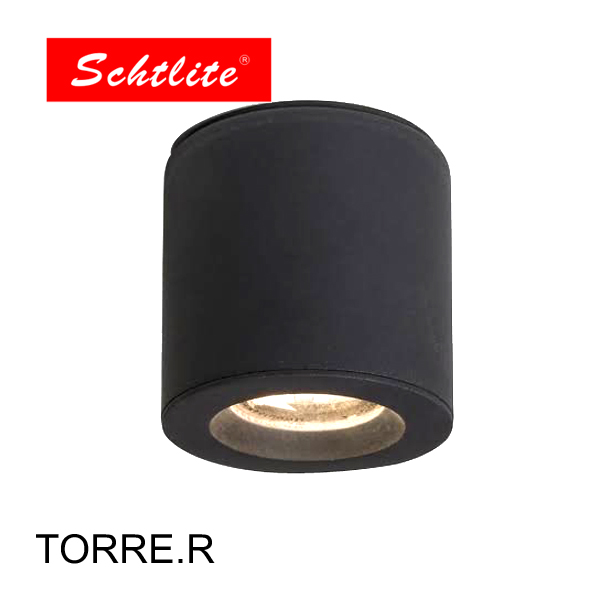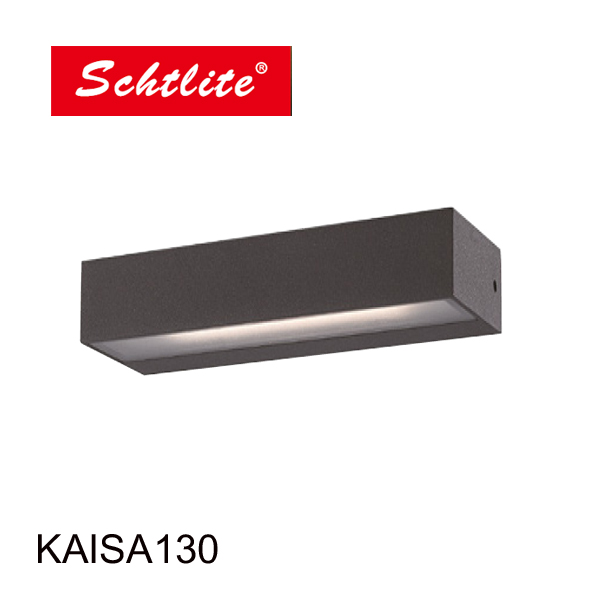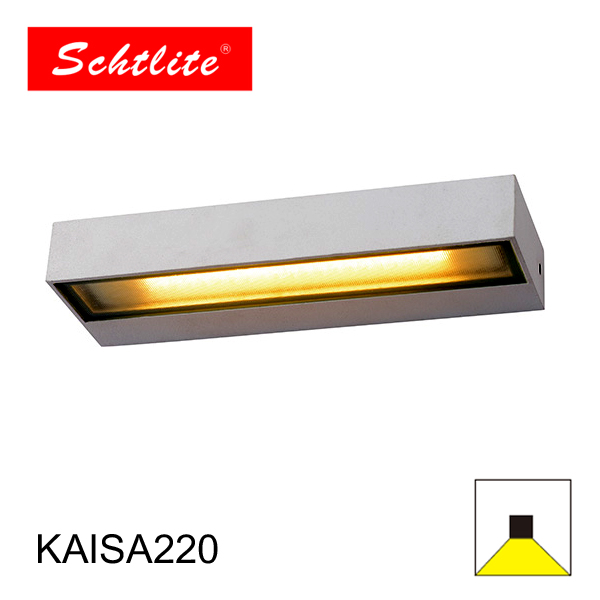Solar-powered garden lights are innovative and eco-friendly lighting solutions that harness the power of the sun to illuminate outdoor spaces. They work through a straightforward and sustainable process, making them an energy-efficient choice. Here's how they function and why they are considered energy-efficient:
1.Solar Panel: The solar panel is a critical component of solar-powered garden lights. It consists of numerous photovoltaic cells made of semiconductor materials, such as silicon. When sunlight hits these cells, it excites the electrons within the material, creating an electric current. The solar panels are designed to maximize sunlight absorption, allowing them to function effectively even on overcast days or in partially shaded areas. Their efficiency is continuously improving through advancements in solar cell technology, making modern solar panels highly efficient in converting sunlight into electricity.
2.Conversion of Sunlight to Electricity: The photovoltaic effect, discovered in the 19th century, forms the foundation of solar energy conversion. As sunlight strikes the solar panel's surface, photons of light transfer their energy to electrons within the photovoltaic cells, knocking them loose from their atoms. These free electrons flow through the material, generating a direct current (DC) electrical output. The DC electricity produced by the solar panel is then sent to a charge controller, which regulates the flow of energy to the battery.
3.Rechargeable Battery: The rechargeable battery in solar-powered garden lights is crucial for storing the electricity generated during daylight hours. Batteries used in modern solar lights are usually made of lithium-ion or nickel-metal hydride (NiMH) technology, known for their efficiency, long lifespan, and ability to withstand repeated charge-discharge cycles. The battery's capacity and voltage determine how much energy it can store, ensuring that the garden light has enough power to illuminate throughout the night.
4.Light Sensor: The light sensor, also known as a photoresistor or light-dependent resistor (LDR), plays a vital role in automatic light activation. When the ambient light level decreases to a certain threshold at dusk, the resistance of the light sensor changes, signaling the control circuitry to turn on the garden light. Conversely, during the day when there is sufficient natural light, the sensor's resistance remains high, keeping the light off to conserve energy.
5.Energy-Efficient LED Bulbs: Light Emitting Diodes (LEDs) are the preferred light source in solar-powered garden lights due to their exceptional energy efficiency. LEDs emit light through electroluminescence, a process that converts electrical energy directly into light without generating much heat. Compared to traditional incandescent bulbs, LEDs consume significantly less energy to produce the same level of brightness, allowing solar lights to operate efficiently with minimal power consumption.
6.Automatic Operation: The automatic on/off functionality of solar-powered garden lights eliminates the need for manual intervention. As the sun sets and the surrounding light level decreases, the light sensor detects the change and triggers the control circuitry to activate the LED bulbs. This automatic operation ensures that the garden lights provide illumination precisely when needed, conserving energy during daylight hours and maximizing efficiency throughout the night.
Why Are Solar-Powered Garden Lights Energy-Efficient?
a. Renewable Energy Source: Solar energy is a renewable and inexhaustible source of power. Unlike fossil fuels, which are finite and produce harmful emissions when burned, solar energy is continuously available, making it a sustainable and environmentally friendly choice for powering garden lights.
b. No Electricity Costs: Solar-powered garden lights do not rely on electricity from the main power grid. Once installed, they operate independently without incurring ongoing operational costs. This can result in substantial savings over the lifetime of the lights and makes them a cost-effective lighting solution.
c. Environmentally Friendly: Solar-powered garden lights have a minimal impact on the environment. By utilizing clean solar energy, they contribute to reducing greenhouse gas emissions, air pollution, and reliance on non-renewable resources. Embracing solar technology is a step towards a greener and more sustainable future.
d. Energy Conservation: The automatic on/off function ensures that solar garden lights only operate when required, avoiding unnecessary energy consumption during daylight hours. Additionally, the use of energy-efficient LED bulbs reduces the overall power demand, extending the battery life and enhancing energy conservation.
e. Off-Grid Solution: Solar-powered garden lights offer an off-grid lighting solution, particularly beneficial in remote or rural areas where access to the main electricity grid may be limited or costly. This autonomy from the grid makes solar lights a versatile and practical option for outdoor illumination in various locations.
KYIV Factory wholesale 7W outdoor led bollard light garden Lamp lawn light
The 7W LED bollard light boasts a sleek and contemporary design, making it a stylish addition to any outdoor setting. Its clean lines and minimalist appeal blend seamlessly with various architectural styles, adding a touch of sophistication to residential, commercial, and public areas. Crafted with meticulous attention to detail, the bollard light not only serves as a functional light source but also enhances the overall ambiance of the environment it illuminates.
The heart of this bollard light lies in its advanced LED technology, which ensures impressive energy efficiency and exceptional illumination. The 7W LED bulb emits a powerful yet warm light that creates a welcoming and inviting atmosphere, ideal for outdoor gatherings or evening strolls. The LED's low power consumption allows for extended operation hours, maximizing the use of renewable energy sources such as solar panels or reducing electricity costs when connected to the grid.







